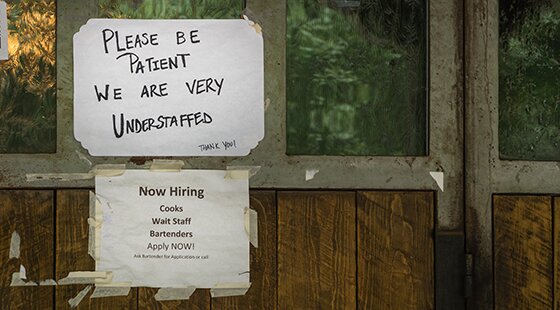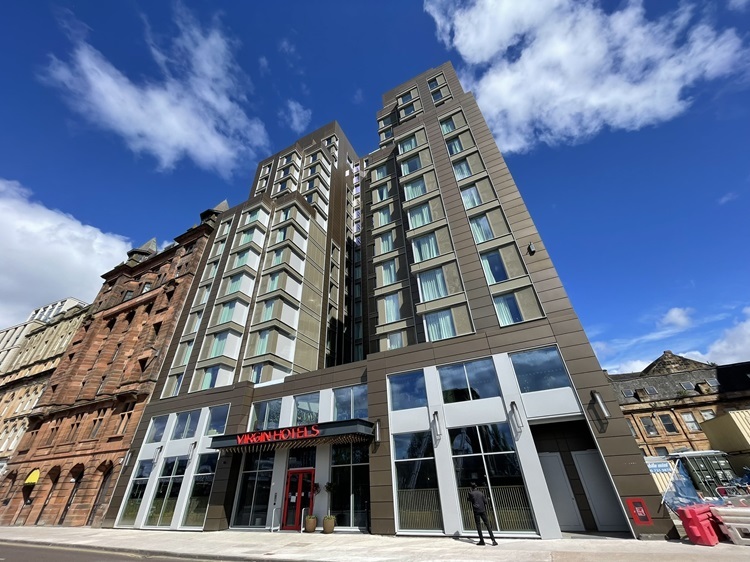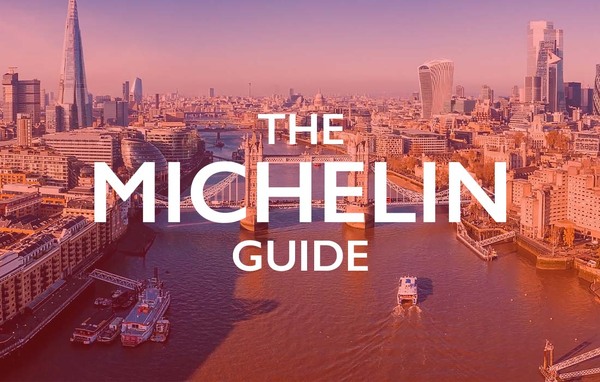Hospitality staff risk being priced out of London due to rising rents
New research suggests the majority of Londoners are struggling to pay their rent, which could lead to further pressures on the hospitality sector with workers at risk of being priced out of the city.
According to a survey of 1,000 renters in London, 80% are now struggling to pay their rent as the cost-of-living crisis continues to bite in the capital.
The survey, conducted by affordable housing charity Dolphin Living, suggested 62% could not afford an increase in rent of 7% or more, while 37% could not afford a 5% increase and 26% would not be able to afford a 3% hike.
To ease the burden, 36% of London renters have taken on extra work to pay their bills, with 36% cutting back on essentials, 59% cutting back on luxuries and 25% selling items to pay their rent.
The survey suggested the impact is even more acute on the critical workers who kept London functioning during the pandemic – including hospitality staff.
Olivia Harris, chief executive of Dolphin Living, said: “As the country continues to face a new winter of discontent with high inflation and public sector strikes dominating the news, our recent research has starkly highlighted the challenges facing many of London’s critical key workers.
"By critical workers, we mean everyone who has a job that makes London tick, from restaurant and hotel staff working unsociable hours to supermarket workers delivery drivers, whose fundamental role received deserved attention during the pandemic."
Harris said the capital could see “public services grinding to a halt and vacancies in key sectors of the economy going unfilled”.
She said: “It is clear that the government needs to take bold and decisive action to address this by rapidly investing in providing an alternative rental choice for households with a modest income to provide secure, affordable, good quality and well managed homes at below market rent for working Londoners.”
The poll undertaken by Opinium follows research by Rightmove which highlighted that average rents in London have risen to £2,343 per month, leading to the biggest ever annual jump of 16.1%.



















